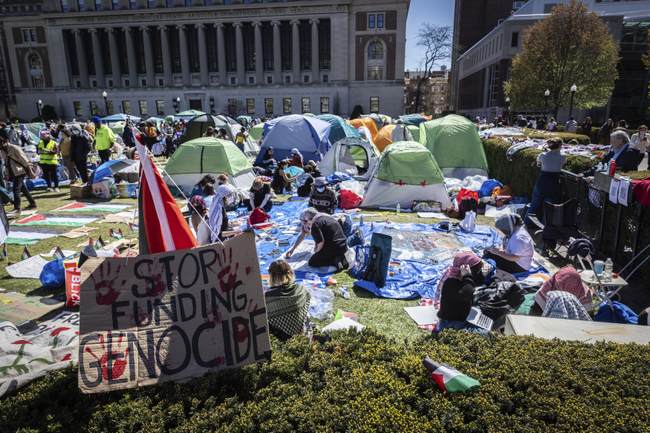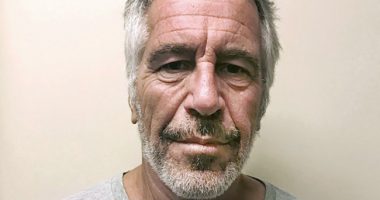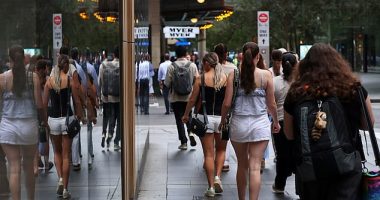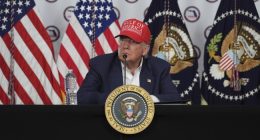
Yesterday, Republicans on the House Committee on Education and the Workforce released a lengthy report on the wave of campus anti-Semitism that broke out after Hamas’ 10/7 attack last year. The core of the report are emails in which administrators argued over how to respond to the attack and to the campus protests that followed.
The resulting report draws on internal emails, texts, chats and edits to documents that show administrators feeling vulnerable to criticism on multiple fronts. (“Please do not forward. I think this isn’t going to work,” one university president reportedly wrote.) It includes disciplinary notices sent to protesters, an internal analysis of why the discipline process was broken at one school, and debate over how to handle public statements about the conflict and divisive slogans such as “from the river to the sea.”
It includes details about negotiations and discussions about protesters’ demands at Columbia and elsewhere. And it contains many lists of complaints reported to university police or other officials of antisemitic and other incidents. In many cases, it appeared, no action was taken because of insufficient information, according to the report…
“For over a year, the American people have watched antisemitic mobs rule over so-called elite universities, but what was happening behind the scenes is arguably worse,” Rep. Virginia Foxx (R-North Carolina), the committee’s chairwoman, said in a statement Thursday.
Thanks to hundreds of thousands of pages of documents, some of which had to be subpoenaed, we now have a clearer view of what happened behind the scenes. For instance, we get a clear view of how Harvard wound up issuing a mealy-mouthed response to the 10/7 attack.
Harvard’s statement came after more than 30 Harvard student groups issued their own statement holding “the Israeli regime entirely responsible for all unfolding violence.”
Pressured by outrage over the student statement, university leaders worked on a statement of their own. They considered including the sentence, “We denounce this act of terror.” It was taken out of the final draft.
They also debated whether to call the attack violent.
“I’m not sure why it’s necessary to delete the word ‘violent’ in the second line, unless it’s a thought that it’s redundant,” Dr. Garber said in an email that was released in the report.
The dean of Harvard’s medical school, George Q. Daley, objected that “on my first read it sounded like assigning blame when it’s best we express horror at the carnage that is unfolding.”…
Dr. Gay asked Dr. Garber if he could live with removing the word for the sake of “getting to yes,” according to a text message.
The key goal of a statement about a mass murder was not offending anyone. That statement Harvard produced was so weak that by the next day Dr. Gay was forced to issue another, more forceful one.
At Columbia, one of the schools seen as leading the protests nationwide, the report reveals that they were being advised to keep their heads down by Chuck Schumer.
In early January, Dr. Shafik, then Columbia’s president, texted the co-chairs of the school’s board of trustees that Senator Chuck Schumer, Democrat of New York and the majority leader, told her that universities’ “political problems are really among Republicans.”
“His staffer was of the view that best strategy is to keep heads down!” she wrote. One of the co-chairs, David Greenwald, replied, “We are likely in their sights already.”
One of the major findings is that schools failed to enforce discipline on their students.
A central issue in addressing campus antisemitism and ensuring student safety on campus is how universities have responded to conduct incidents on their campuses. The Committee’s investigation found that universities it has examined have utterly failed to impose meaningful discipline for the numerous antisemitic conduct violations that warrant it. This comes despite many university leaders’ stated commitments that antisemitism would not be tolerated and that their rules would be enforced. The examples cited below reveal that a significant issue at numerous universities, of which Columbia and Harvard serve as prime examples, is the faculty’s role in obstructing disciplinary processes…
The Committee’s analysis demonstrates that wholly six of the 11 have failed to impose a single suspension despite having impermissible encampments and other disturbing antisemitic incidents on their campuses over the past year. Not one of the 11 has expelled a student for misconduct. The disciplinary data collected by the Committee shows that students who took over campus buildings, barred Jewish students from portions of their campus, disrupted classes, and engaged in antisemitic harassment were allowed to completely avoid discipline at numerous institutions.
At Columbia, even students who invited a terrorist group to campus for a teach-in were barely disciplined.
Students Responsible for a “Resistance 101” Event With the Terrorist Organization Samidoun Received Only Conditional Probation and Warnings: Columbia found five students responsible for violations of university policies relating to a March 24, 2024, “Resistance 101” event in which representatives of a designated terrorist organization explicitly advocated for terrorism…
Of the five students who organized the event featuring these terrorist speakers, just two received conditional disciplinary probation while three received mere disciplinary warnings.
These trivial consequences come despite an April 5, 2024, statement by then-President Shafik in which she characterized the event as “an abhorrent breach of our values,” citing that it “featured speakers who are known to support terrorism and promote violence.”287 Moreover, Shafik affirmed that “actions like this on our campus must have consequences.”288 The documents produced to the Committee establish that Columbia utterly failed to fulfill this commitment.
Failing to hold anyone accountable is how you get student mobs that escalate when called to cease and desist. There’s a lot more in the full report which is here.







